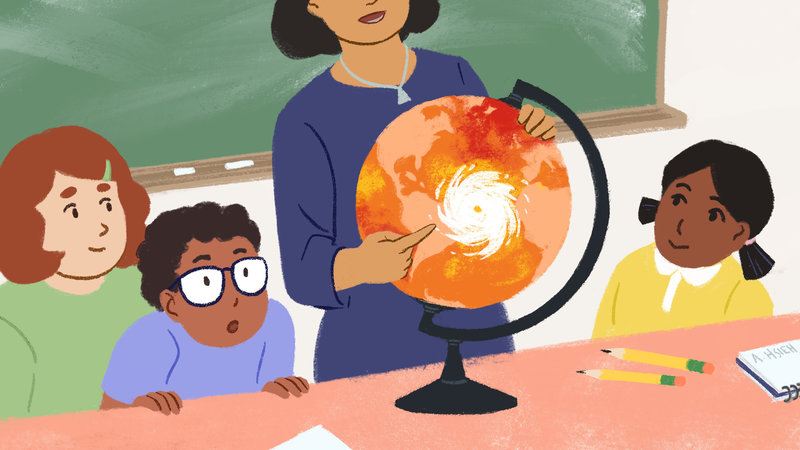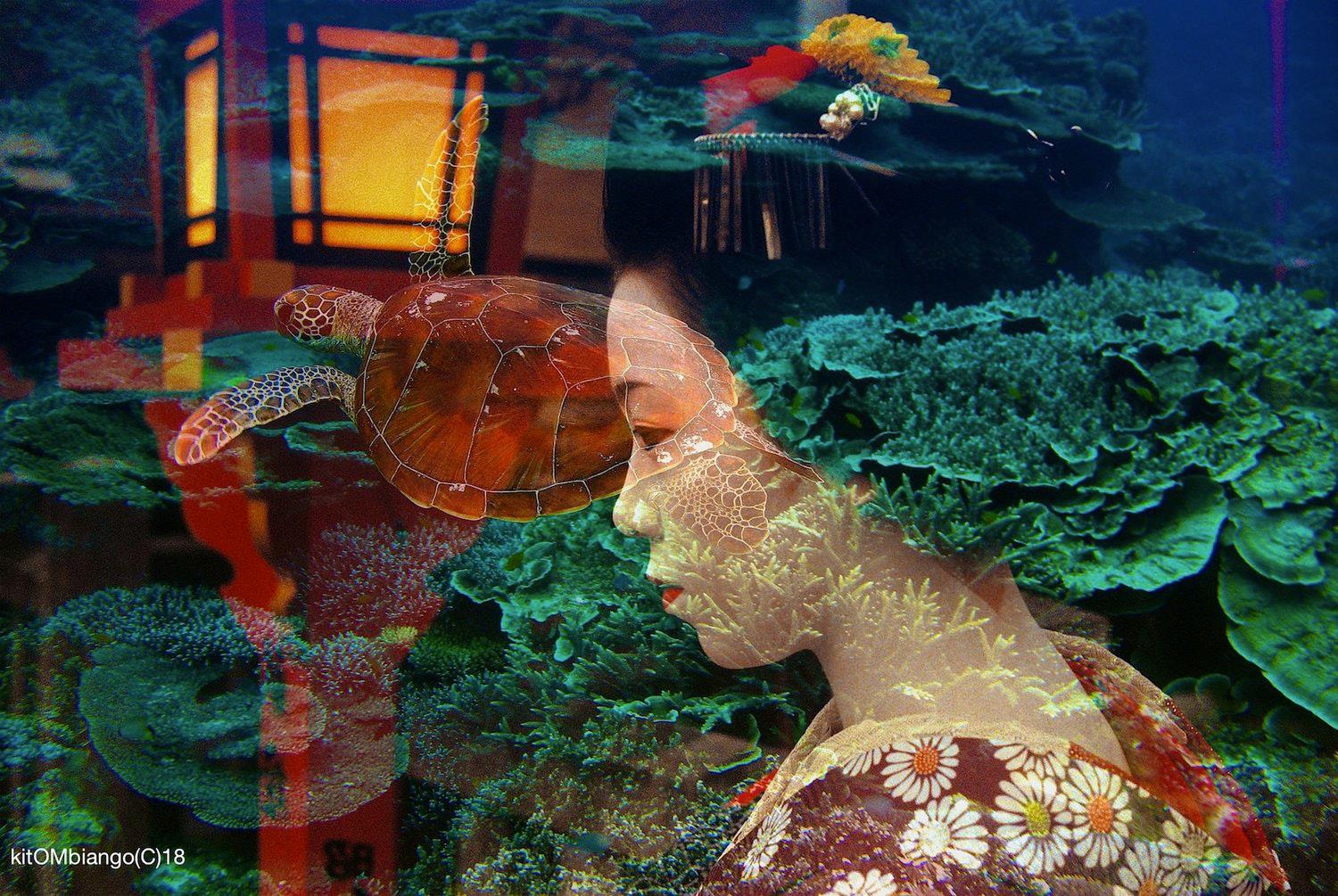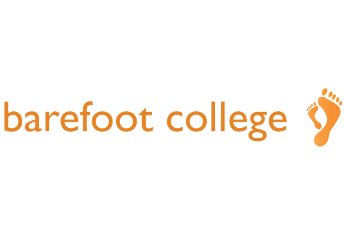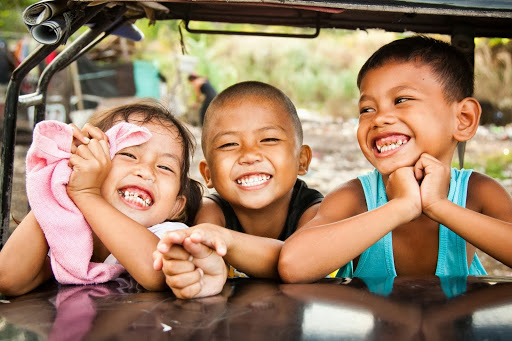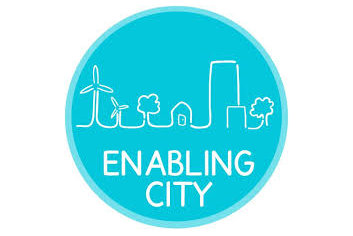Every year Ethical Traveler conducts a study of developing nations, from Afghanistan to Zimbabwe, to identify the world’s best travel and tourism destinations. They begin their research by focusing on three general categories: Environmental Protection, Social Welfare and Human Rights. For each of these categories they look at information past and present so that they understand not only the current state of a country, but how it has changed over time. This helps them select countries that are actively improving the state of their people, government and environment. In the first phase of their process, they consider country scores from a variety of databases related to one of the three categories, using information from sources like Freedom House, the Millennium Challenge Corporation, and the World Bank. After identifying the top performers, they turn into detailed research focusing on actions governments have taken over the year to improve (or in some cases, weaken) practices and conditions in the countries. Each country selected as a Best Ethical Destination also offers the opportunity to experience unspoiled natural beauty, and to interact with local people and cultures in a meaningful, mutually enriching way. In evaluating each country’s level of environmental protection, they look at clear indicators of environmental health, preservation of resources, and cultivation of beneficial, sustainable practices. Latvia and Lithuania, along with Costa Rica and Uruguay, scored highest in environmental protection among the Ethical Destinations. Latvia in particular should be lauded for its status of most improving performer in the EPI trend rank. Ghana also boasts an improving environmental performance, whereas Chile, Serbia and Argentina three countries from last year’s list showed declining performances that ultimately disqualified them this year. A notable environmental success is Cape Verde, which is striving to reach 300% renewable energy. The country increased its total installed renewable capacity by 751.14%, indicating a decisive movement towards sustainability and away from fossil fuels. In 2012, President Chinchilla of Costa Rica signed a ban on shark finning, thanks in part to the efforts of Ethical Traveler. We hope that this ban will be strictly enforced. Also in 2012, Ghana announced that it will introduce new taxes to establish appropriate prices for natural and environmental capital in order to provide incentives for reducing environmental degradation. During the past year, Palau, Samoa and Mauritius have put a strong emphasis on greening their economies and implementing sustainable development programs. They have shown high regard for the environment, and responsible tourism is being promoted. Samoa, for example, is consulting with local communities to designate national parks and improve coastal management. Another critical point they consider is the social welfare of each country’s citizens and visitors. The scores compiled by UNICEF on child mortality rates are one indicator of social welfare. In this category, Lithuania and Costa Rica scored particularly high. To gauge issues such as access to safe drinking water, sustainable water management, responsible sanitation practices, and agricultural management, they considered the 2011 Human Development Report, compiled by the UN Development Program (UNDP). Barbados was praised this year for excellence in literacy and education by the UN High Commissioner for Human Rights. Mauritius received its highest score to date placing it far above the regional average, significantly above the world average, and is now in the category of “high human development”. The Heritage Foundation’s Economic Freedom Index 2012 ranked Mauritius highest in the Sub- Saharan African region, with a score well above the world average thanks to improvements in property rights, monetary freedom, and management of government spending. With West Africa’s highest standard of living, Cape Verde continues to be a model for political rights and civil liberties in Africa, receiving the second highest ranking in governance performance by the Ibrahim Index of African Governance, which measures countries against 57 criteria using 84 indicators. According to The World Bank’s Gini Index, Latvia received the best equality ranking of this year s Ethical Destinations countries, with Lithuania following very closely behind. Costa Rica experienced a dramatic decrease in crime rates thanks to an increased focus on citizen security, and was ranked the Happiest Country out of 151 countries evaluated by the Happy Planet Index, a project of the New Economics Foundation. Samoa continues to see impressive progress, as well, with analysis by the UN Research Institute for Social Development crediting an emphasis on welfare and social cohesion with Samoa s reputation as a role model in the Pacific region. To evaluate countries human rights record, respected sources like Amnesty International, Human Rights Watch, Reporters Without Borders, and Freedom House were consulted to understand the challenges each nation has to address. Every country has human rights issues, but it was important for us to see efforts made towards improving those situations and preserving basic rights for all. Cape Verde, Costa Rica, Lithuania, Palau and Uruguay received the highest possible scores from Freedom House in the categories of Political Rights and Civil Liberties as well as high Press Freedom scores even better than those of some developed countries. Freedom House also commends the political and civil freedom in the African countries of Mauritius and Ghana. After President Mills died earlier this year, Ghana went through a peaceful transition of power, which is not a given on the African continent. Interim President Mahama is regarded as a champion of the underprivileged, with a keen interest in environmental issues. Two excellent performers in their regions are Cape Verde and Uruguay. Cape Verde serves as a model for political rights in Africa, while Uruguay has extensive human rights laws, including the most liberal LGBT rights in South America; same-sex civil unions are recognized, gays are allowed to serve openly in the military, same sex adoption is legal and anti-discrimination laws are in place to prevent discrimination for sexual orientation and/or gender identity. Ghana Latvia Lithuania Mauritius Palau Samoa Uruguay
Related Articles
Providing decent work for unskilled labour can save lives
Nigeria : Oladimeji Johnson Ojo presents A Sobanjo and shows the power of recycling
It’s time for Climate Change to enter the classroom
We are very close to irreversible climate change and catastrophic warming; Schools, teachers and syllabuses need to adapt to this and make climate change a subject in its own right, argues Peder Hill.
What if your employees want to engage?
the proposal of Earthshare
We are faced with a climate emergency. Can art help?
The artist Kito Mbiango contributed to OLBIOS this interview by Jill Van den Brule, In it, Mbiango points to the crucial role of art in communicating risks, but also motivating people to act.
John Pawson explores simplicity and light
What a charismatic leader can achieve
Bunker Roy and his Army of professionals
The future looks good for the Philippines
Oliver Gardiner writes about Regeneration International and the efforts of the country to forge a national consensus around regenerative agriculture.
The Planet could quickly recover
at least, a blogger tries to proves it
Enabling Cities for enabled citizens
how much does a city trust its citizens?
Train the students to train the entrepreneurs
what is the Green Impact Campaign?
![]()
STAY IN TOUCH
SUBSCRIBE TO OUR NEWSLETTER
AND RECEIVE OUR LATEST STORIES


